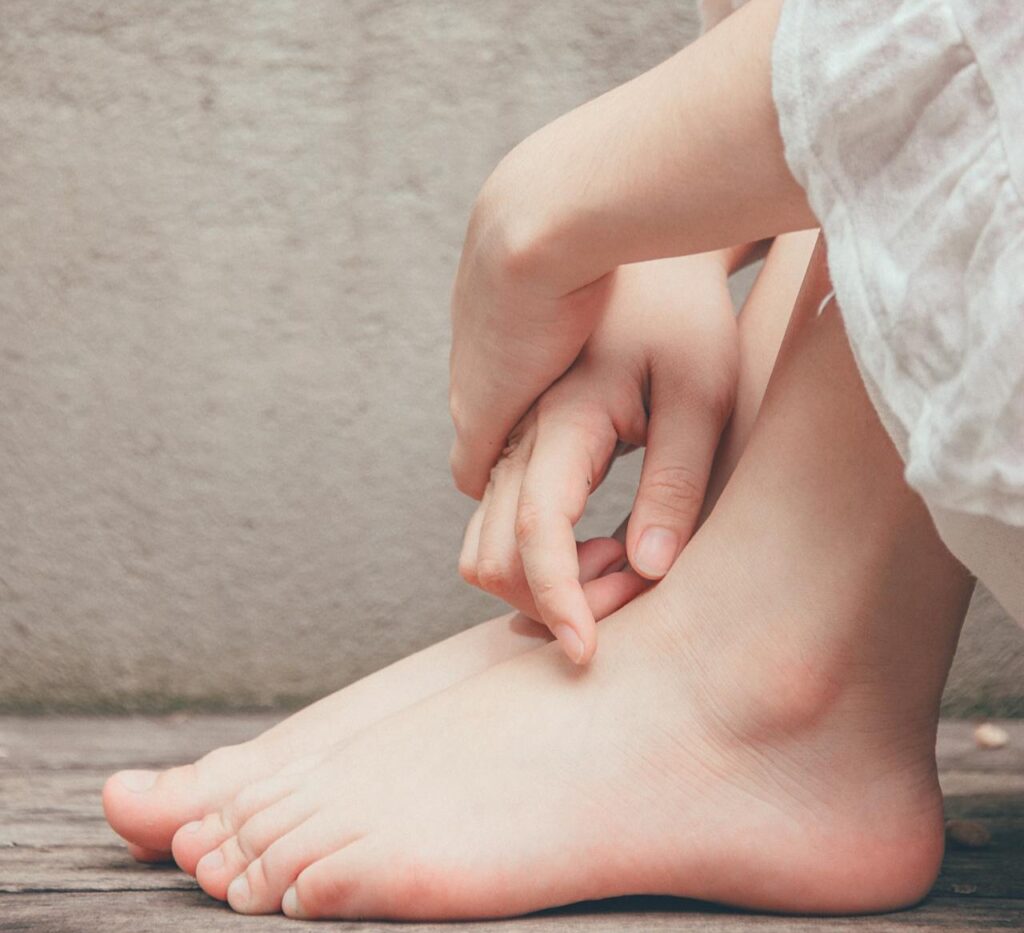
In this article
It’s common to have cold hands after building a snowman or working in an overly air-conditioned office. Typically, this isn’t a cause for concern—it’s just a natural response to a cold environment or touching cold objects. However, if your hands feel cold all the time, even when you’re in a warm environment, it could be indicative of an underlying health issue that affects blood flow.
Blood reaches your hands from your heart through the ulnar and radial arteries in your forearm. When exposed to cold, the muscles around these arteries tighten to conserve heat and protect vital organs. Sometimes, blood vessels constrict unexpectedly in a phenomenon known as vasospasm, which can make your hands feel cold even when you’re comfortable. Frequent vasospasms, although rare, can damage hand tissue and lead to skin ulcers.
If your hands are consistently cold or slow to warm up, it’s important to consult a healthcare provider.
Symptoms to Watch Out For
While cold hands alone are usually harmless, accompanying symptoms that warrant a healthcare provider’s attention include:
- Ulcers
- Pain
- Tingling
- Skin changes (tightness, hardness, or discoloration)
- Frequently cold feet or toes
Possible Causes
The most common cause of cold hands is a normal reaction to temperature changes. However, several health conditions can cause persistently cold hands, including:
- Raynaud’s Syndrome: This condition causes sudden constriction of blood vessels in the fingers and toes, leading to discoloration and coldness. Affected areas might turn blue, white, or purple before becoming hot as blood flow resumes.
- Hypothyroidism: An underactive thyroid slows metabolism, which can make you feel cold all over, including in your hands.
- Peripheral Artery Disease (PAD): PAD involves the buildup of plaque in the arteries, restricting blood flow to the extremities and causing coldness.
- Lupus: An autoimmune disorder that causes widespread inflammation and can increase sensitivity to temperature changes. It’s often associated with Raynaud’s Syndrome.
- Scleroderma: Another autoimmune disorder that thickens the skin on fingers and hands, often accompanied by Raynaud’s Syndrome.
Care and Treatment
Treating cold hands typically involves addressing the underlying cause rather than just the symptom. Healthcare providers might recommend various strategies to improve blood flow to your hands, including:
- Minimizing time spent in cold environments, both indoors and outside.
- Wearing gloves or mittens to keep your hands warm.
- Managing stress and anxiety.
- Avoiding tobacco products.
- Limiting alcohol and caffeine consumption.
- Following a skincare routine that protects your hands and fingers.
Prescription medications may be necessary for managing underlying health conditions that cause cold hands. These can include:
- Calcium Channel Blockers: These help relax blood vessels and increase blood flow.
- Alpha-Blockers: These reduce nerve signals that cause blood vessels to constrict.
- ACE Inhibitors: These help relax blood vessels.
In rare cases, surgery or nerve block injections might be needed to deactivate the nerves in the hands.
Home Remedies for Cold Hands
One of the simplest ways to manage cold hands at home is to avoid sudden temperature changes and reduce exposure to cold environments. This is particularly important during activities that require frequent transitions between warm and cold settings, such as using air conditioning in summer or handling cold objects from a freezer.
Discuss with your healthcare provider what specifically triggers your cold hands and any associated pain. They can offer personalized advice on reducing the frequency of these episodes.
Potential Complications
While complications from cold hands are rare, health conditions causing this symptom can sometimes lead to serious issues, such as tissue damage or ulcers. In severe cases, untreated ulcers can develop gangrene, potentially necessitating surgical removal of the affected area.
Seek medical attention if you notice any new sores or wounds on your hands, especially if you have a condition affecting blood flow.
When to See a Doctor
If you frequently experience cold hands in unusual situations (such as without exposure to cold air) or if your hands remain cold all the time, it’s advisable to see a healthcare provider. Though it’s natural for hands to get cold occasionally, persistent coldness warrants professional evaluation.
By understanding the causes and treatments for cold hands, you can take appropriate steps to manage this condition and maintain your overall health
A Quick Review
Cold hands are usually a natural response to temperature changes, but persistent coldness can indicate health issues like Raynaud’s Syndrome, hypothyroidism, or peripheral artery disease. Treatment involves addressing the underlying cause, managing stress, and avoiding triggers. In rare cases, medications or surgery may be necessary. Consult a healthcare provider if your hands are frequently cold.











